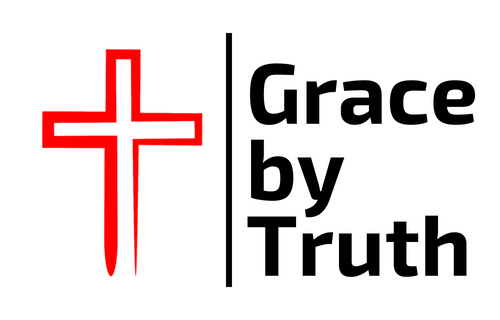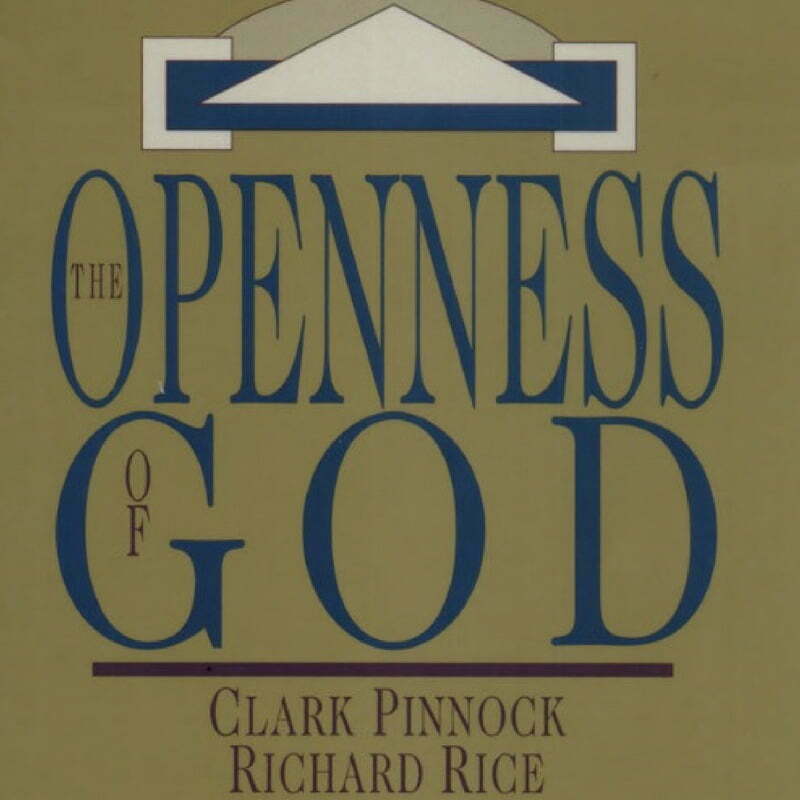Clark Pinnock, Richard Rice, John Sanders, William Hasker and David Basinger, The Openness of God: A Biblical Challenge to the Traditional Understanding of God. Downers Grove: InterVarsity Press, 1994. 202 pages. $19.99.
Clark Pinnock and the other contributors of this work have undertook a magnanimous task in attempting to redefine God’s nature and the relationships he has with his creatures. In theological circles, the name of this movement has been dubbed the “openness” view of God. Each author admits that although they are not in total agreement with some of the out working views of the “openness” movement, they are at least in substantial agreement with its major tenants.
Summary
Richard Rice begins the work by introducing the reader to the openness of God movement. He defines what he and the other authors believe “openness” to be, as it relates to God’s divine attributes, and then shows passages from the Old and New Testaments that appear to support their view. In chapter two, John Sanders deals with historical and hermeneutical contrast of traditional theological methods over against the methodology used by the proponents of the open view. Pinnock then articulates a theological argument for support of the open view in chapter three. This is followed in chapter four by William Hasker, who attempts to demonstrate the “openness” view in relation to its philosophical cogency. David Basinger concludes the book in chapter five by giving the practical implications of the openness view as it relates to the other models given by classical theism in regards to divine, social, and evangelistic responsibilities.
Critical Evaluation
If the open theism movement has done anything at all, it has definitively provided a valuable service to traditional, evangelical, theological thinking. This work has forced conservative evangelical Christians to reevaluate their traditional views regarding God’s nature and character, specifically as it relates to God’s exhaustive foreknowledge and his sovereign control of the world. This is really the heart of the matter in the open theist debate. Does God control whatsoever comes to pass and does God know the future exhaustively? How one answers these questions will determine which side of the open theism debate he finds himself on. Fortunately though, these questions are not new. They have been answered many times over in the past by the great Christian stalwarts of the faith who have reasoned out these issues accurately, vigorously, and biblically.
The major problem that open theists have in reconciling their view of God is how can God know the future exhaustively and man still make free choices? Open theists would conclude that God couldn’t know the future because the future hasn’t occurred yet. It appears that they are forced to hold this position to keep from undermining their view of libertarian freedom. They define libertarian freedom as the ability to make choices autonomously. Thus, Pinnock states, “Total knowledge of the future [on God’s part] would imply fixity of events. Nothing in the future would need to be decided. This implies that human freedom is an illusion. Choices make no difference and we are not responsible for our actions” (p.121). However, two things should be observed about this premise.
First, Pinnock and other open theist fail to take into account the Creator-creature distinction in their assumption that God cannot know the future because it hasn’t happened yet. It does not follow that because a finite creature does not know the future that God, the sovereign Creator does not know it either. This is a fundamental problem in the open theist’s conception of God. They have relinquished the idea of the “awful gulf that separates the creature from the Creator.”[1] Their premise just does not hold water.
For example, in Peter’s sermon in Acts 2:23, he tells the Jews that it was predetermined by God’s divine foreknowledge that Jesus would be delivered by them. Moreover, they would use their free moral agency to put him to death. As a matter of fact, Judas, who was the chief betrayer in the entire incident, knew exactly that he had acted freely in betraying Jesus for thirty pieces of silver. For he himself said in Matthew 27, “I have betrayed innocent blood.” He doesn’t say, “God predetermined me to betray Jesus therefore I am not responsible for my actions.” What one finds are two dynamics working simultaneously here in this pericope, as well as in the wider range of the open theist’s debate, namely God’s foreknowledge and human responsibility. There is no contradiction between the two. The human freedom that Judas and the Jews exercised was free, in the sense that it was not forced upon them to make and yet they made them. Their exercising free choice flies in the face of Pinnock’s argument and yet they were still responsible for those choices.
Second, the reason there is no friction between these two dynamics is because there is no antithesis between God’s foreknowledge and human responsibility. The Westminster Confession of Faith, as found in Grudem’s work, states it best in this manner.
God, from all eternity, did, by the most wise and holy counsel of his own will, freely, and unchangeably ordain whatsoever comes to pass: yet so, as thereby neither is God the author of sin, nor is violence offered to the will of the creatures; nor is the liberty or contingency of second causes taken away, but rather established.[2]
What becomes clear in this work is that Pinnock and the other authors have underestimated their position and not thought through the implications of their redefinition of God. They want so bad to have a God who feels like they do think like they do and act like they do and in the end what they have done is reformulated a god of their own liking. Moreover, this is a very dangerous god because not only does not know the future, in some cases he does not even know the present (Gen. 3:9).
Conclusion
What can be concluded from this brief review is that any reader who wants to be challenged to rethink and reaffirm his traditional view of God will find that this work will tax him to do just that. As far as being a good read, I would suggest that there should be a warning label placed on the book. This would be to prevent new Christians from being deceived into thinking that the God of the Bible is just like the neighbor next door, who has hopes and dreams and problems just like everyone else. It is for this reason that I find this work to border on blasphemy. It is no wonder that Pinnock and the other open theists are on the verge of being removed from the Evangelical Theological Society. For if you have a God that does not know the future or sovereignly controls it then you cannot hold to the infallibility of Scripture. I would therefore suggest that any serious Bible student would find his money and his time better spent elsewhere.
BIBLIOGRAPHY
[1] J. Gresham Machen, Christianity & Liberalism (Grand Rapids: Eerdman’s Publishing, 1923) 62.
[2] Wayne Grudem, Systematic Theology (Grand Rapids: Inter-Varsity Press, 1994), 1181.


